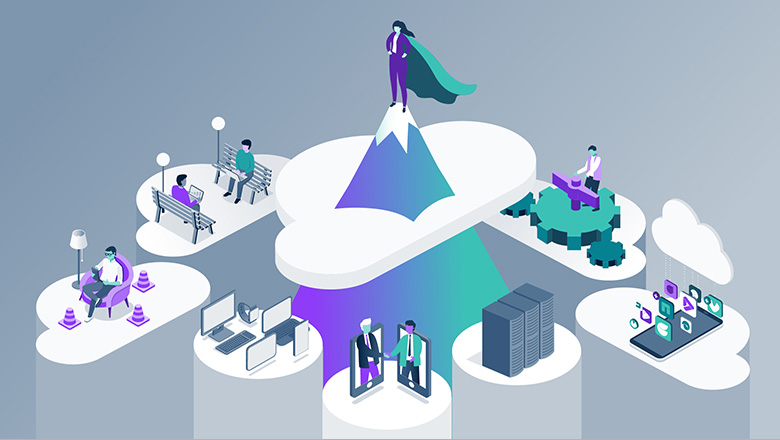
For many business leaders, the past two-and-a-half years have been an ongoing test of resilience. First came the COVID-19 pandemic, which shuttered offices and factories, shifted consumer preferences, and created global supply chain havoc. By early 2022, even as the worst logistics bottlenecks had eased, the cost of shipping a container was four to five times higher and took an average of 20% longer than in 2019. Then came Russia’s war in Ukraine, which led to shortages of oil and gas and an energy crisis that threatens to be the worse in half a century. In parts of Europe, electricity prices have risen fivefold—a spike EU officials have called “catastrophic.” By September, manufacturers across the continent were shutting down assembly lines and furloughing workers because they couldn’t keep up with their energy bill. Some fear they may be forced to shut for good.
Along with all this gloom, however, there is also opportunity. For many enterprises, this energy and supply chain volatility is providing stronger incentives than ever to embrace sustainability. Until recently, sustainability initiatives—like reducing fuel consumption, shifting to renewable energy, and abandoning single-use packaging—were widely seen as beneficial to the planet, though costly. Now, that calculus is changing, and greener solutions are increasingly those that are also better for business. Not only are consumers, regulators, and investors demanding them. But with global shipping stretched to its limits, and energy bills higher than ever, companies with more nimble logistics and a lighter carbon footprint also have a business, and therefore shareholder, advantage.
Some fast movers are already adapting. Companies determined to improve supply chain resilience are increasingly shifting to reusable containers and other types of packaging. Not only will this help cut back on plastic waste; over time, a new system that incorporates reverse logistics will make global shipping more efficient and less energy intensive. Others are increasing the use of recycled plastics, electrifying trucks with solar panels, and embracing IoT solutions that help select the most efficient transport routes and reduce fuel consumption.
Sustainability and your enterprise
What role should sustainability play in your company’s quest for resilience? Far too often, enterprises seek out quick fix solutions that treat sustainability as a one-off exercise. To capture sustainability’s consistent benefits, it must be integrated into everyday operations and decisions. To do this, companies need the right tools and the right data—to underpin sustainability initiatives, understand their impact, and ensure they ultimately drive business value.
That’s where Software AG can help. As a member of the UN Global Compact, the world’s largest initiative for responsible and sustainable corporate governance, we’re committed to playing our part in building a truly connected and sustainable world. At the same time, many of our customers are utilizing digital solutions to navigate the current economic volatility—and leverage their IT toward more sustainable ways of doing business.
One example is Bolloré, a French logistics company that transports 800,000 containers over the ocean and 6,000 tons of airfreight every year. When the pandemic hit, Bolloré was already primed for resilience: a new transport management system and overhauled digital client platform helped the company stay nimble while boosting profits. At the same time, Bolloré is continuously moving toward a more sustainable, intelligent supply chain by tracking carbon and other pollutants, reusing materials, and, whenever possible, offsetting emissions, and shifting to low-carbon modes of transport. All of this is driven by data: at any given time, Bolloré monitors 41 sustainability performance indicators. webMethods, Software AG’s application integration suite, plays a critical role in this, by connecting the disparate applications and IT systems that underpin Bolloré’s performance.
No matter what your company does and where it’s located, you’ve most likely been impacted by the world’s ongoing supply chain and energy challenges. As political leaders scramble for solutions, you also need to make decisions. While your immediate priority may be weathering the current storm, you should not lose sight of the opportunity that it offers: to embed sustainability more deeply into your business strategy. Sustainability, we strongly believe, is not only key to mitigating future risks, but also central to an emerging world where a lighter environmental impact gives you a big advantage over the competition. Sustainability, at its core, is good for business.
We invite you to learn more about Software AG’s sustainability solutions and how they can position your company for a more resilient future.






